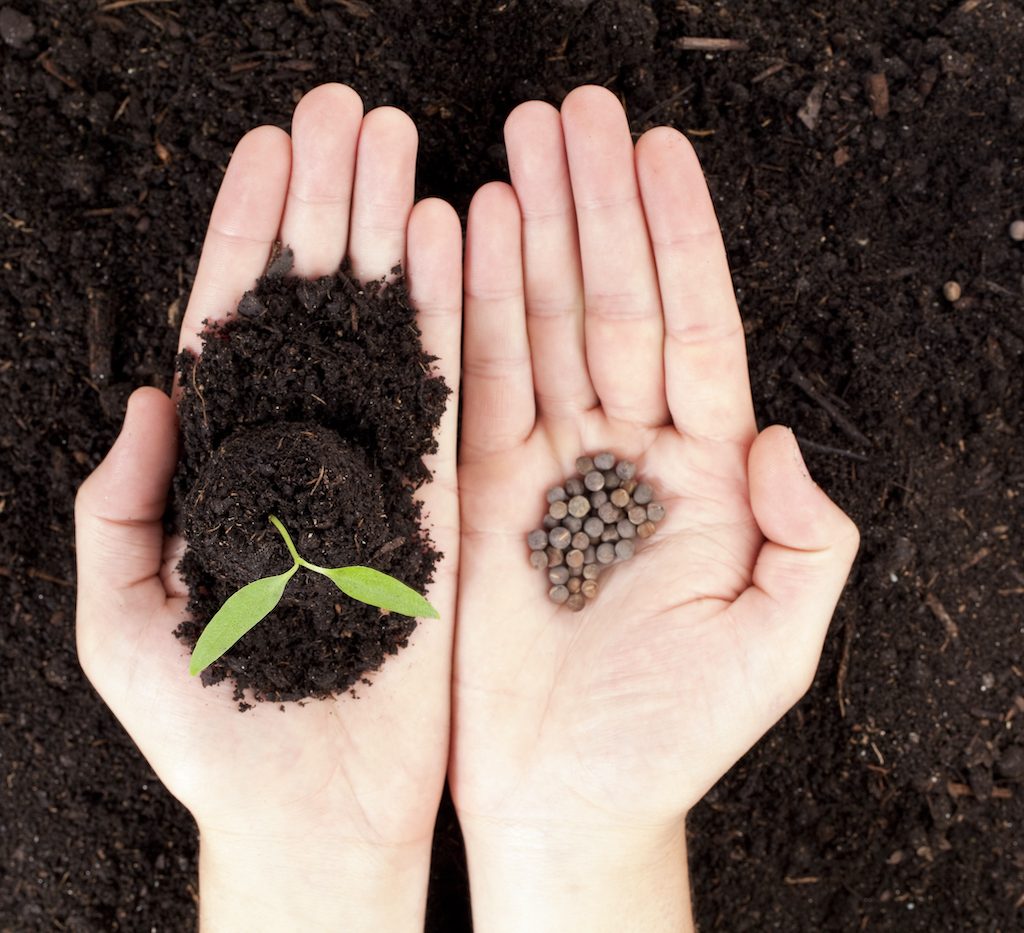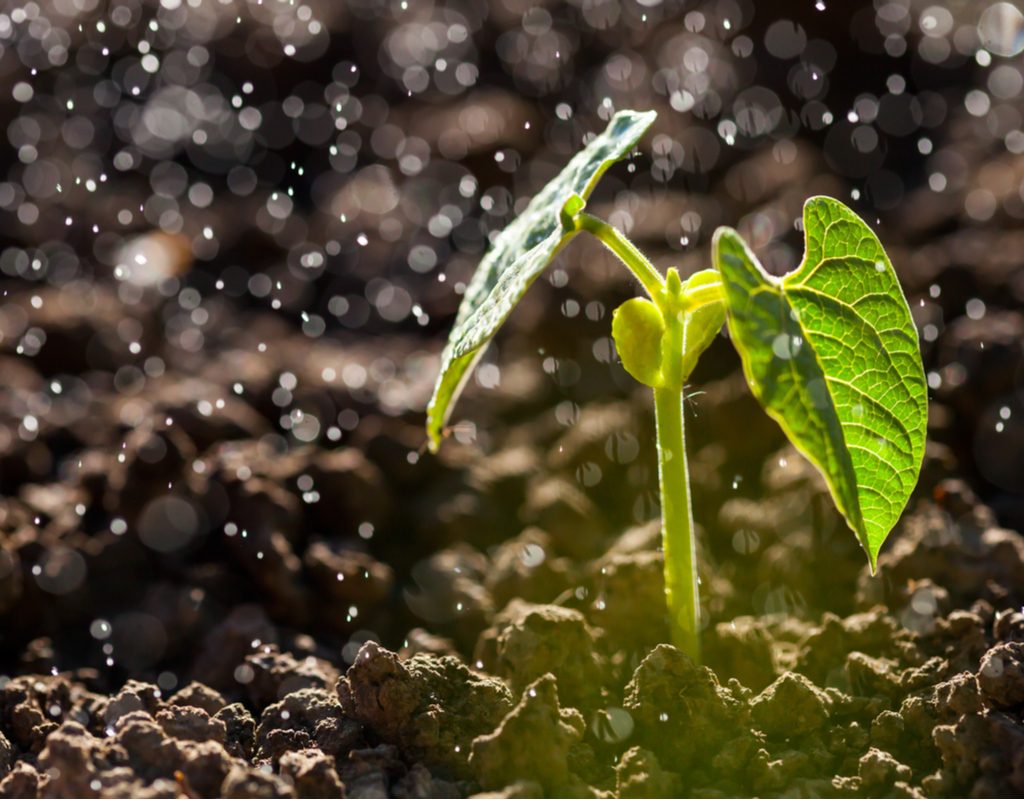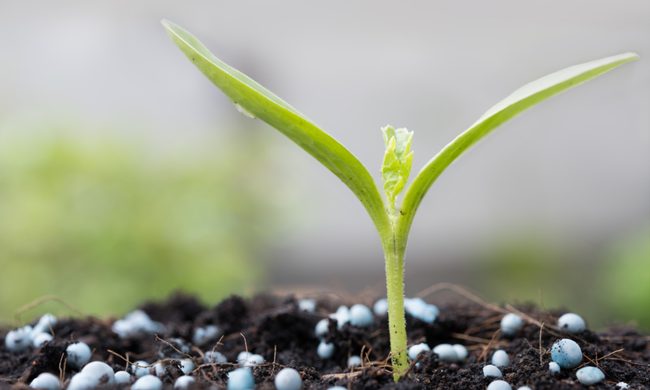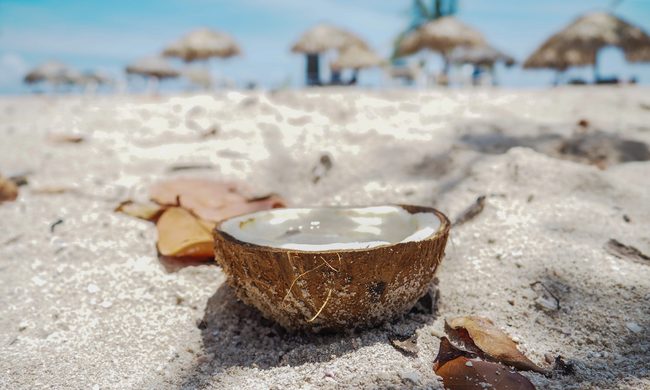It’s pretty hard to have a garden without plants, but those plants have to come from somewhere first. If you’ve been gardening for a while, you might be saving your own seeds, but what about new gardeners? If you’re just starting out on your gardening journey, you might be unsure about whether to get seeds or seedlings, and where to get them from. Don’t worry, we’re here to answer your questions and recommend our four favorite online sources for seeds and seedlings.
What’s the difference between seeds and seedlings?
A seedling is a plant that’s already sprouted but isn’t yet mature. They’re typically much smaller than the mature plant, but already have a stem and a few sets of leaves. If you plant a seed and care for it properly, after a week or two (the time it takes depends on the type of plant) you’ll have a seedling.
When selecting a seed, you’ll want to check for mold or rotting, but most of the seed’s qualities depend on the plant it came from. A good seed comes from a healthy plant. When getting seeds online, this is difficult to judge. You’ll have to trust that the company is giving you good seeds from healthy plants. Reading reviews can help you determine if a company is worth trusting or not.
Good seedlings come from good seeds, but there are more things to look out for. When choosing a seedling in person, look for a healthy color, intact leaves, and roots that aren’t bound but are white or pale green. Young seedlings may still be flexible, but they shouldn’t be floppy or wilted. Check the soil for signs of mold or fungus. Once again, when shopping online, trust is essential and reviews are your friend.

American Meadows
American Meadows is a company that specializes in flowers, particularly native wildflowers. The company began in Vermont in 1980, and sources its seeds and plants from farms and gardens across the United States. The site offers an easy way to find flowers that fit your garden, allowing you to customize your search by USDA hardiness zone, light requirements, height, and more. They also have grass seed and other ground covers, gardening tools, and informational articles and videos that provide useful tips for planting and caring for their seeds.
Baker Creek Heirloom Seeds
Baker Creek Heirloom Seeds is a seed company dedicated to preserving and spreading rare and unusual heirloom seeds. They’re based in Mansfield, Missouri, where they have gardens, greenhouses, a seed store, and even a pioneer village, all of which can be visited and toured by the public. Their seeds include flowers, fruits, and vegetables. They even provide recipes for many of their plants, so you don’t need to worry about getting a vegetable you don’t know how to prepare. A quick scroll through their seed store can introduce you to so many heirloom plant varieties that you might not have heard of before, so it’s worth a look!

The Arbor Day Foundation Nursery
The Arbor Day Foundation is a nonprofit with the goal of planting trees and increasing environmental awareness. They’re also a great source for tree seedlings, whether you’re looking for flowering trees, fruit trees, or evergreens. Since they’re a nonprofit, you can be confident that all the profit from your purchase goes towards making the world a greener place. If you’re not sure what trees or shrubs would be a good fit for you, their tree wizard feature can recommend some for you with only a few simple questions.
Burpee
Burpee is an old standby for many gardeners. They’ve been providing fruit, flower, herb, and vegetable seeds since 1876, making them one of the most popular seed supply companies for generations of gardeners. Their long history and proven quality make them a great option for gardeners of all skill levels. They provide reliable, organic seeds for a variety of plants, and have even introduced varieties of their own making, including iceberg lettuce. Burpee is especially known for their tomato varieties, of which there are many.
No matter what type of garden you plan on growing, these four seed and seedling supply stores will help you get started. When you have good seeds and healthy seedlings, you have the foundation for a great garden.



